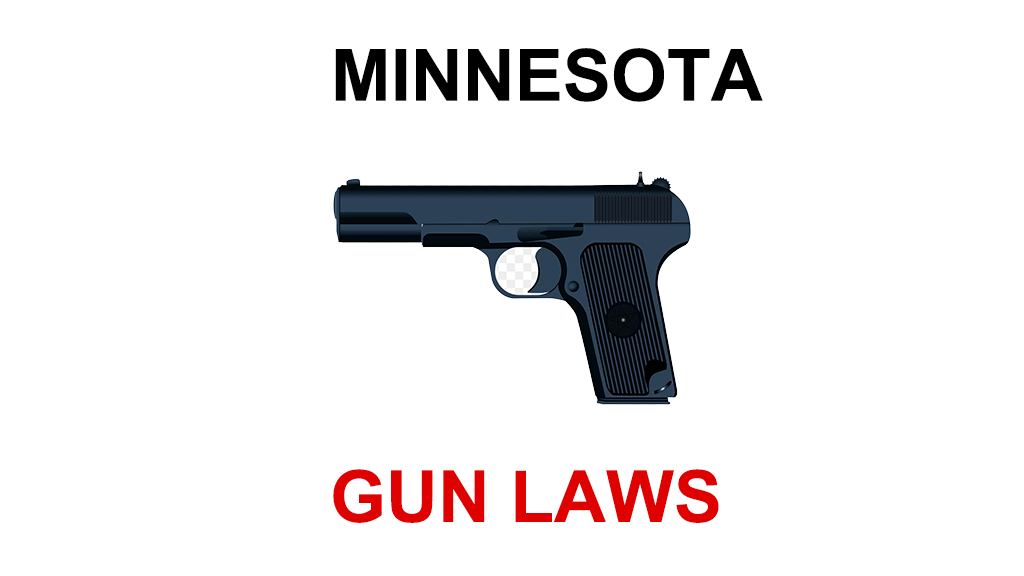
Image Credit: MateMedia
By Saul Roth
Here’s an overview of gun laws in the state of Minnesota. Please note that laws can change over time, so it’s always a good idea to consult the most current and official sources or legal professionals for the most up-to-date information.
Permits and Licensing:
1. A Permit to Purchase or Transfer is required to purchase or transfer handguns and semi-automatic military-style assault weapons in Minnesota. This permit is obtained from the local law enforcement agency and requires a background check.
2. A Permit to Carry is required to carry a handgun, either openly or concealed, in public. It is issued by the county sheriff or the local police chief.
Firearm Purchase and Transfers:
1. Private firearm sales and transfers of long guns (rifles and shotguns) do not generally require a permit or background check in Minnesota.
2. Licensed firearms dealers are required to conduct background checks for all firearm sales, including private sales at gun shows.
Assault Weapons and High-Capacity Magazines:
1. Minnesota does not have a specific ban on assault weapons or high-capacity magazines.
Safe Storage and Reporting:
1. Minnesota does not have specific laws regarding the safe storage of firearms, but it is generally recommended to store firearms in a safe and secure manner to prevent unauthorized access.
2. There is no specific requirement to report the loss or theft of a firearm in Minnesota, but it is advisable to report such incidents to local law enforcement.
Carrying Firearms:
1. Minnesota is a “shall-issue” state for concealed carry permits. The county sheriff or the local police chief issues permits to carry handguns to eligible applicants who meet the statutory requirements.
2. Open carry of firearms is generally allowed in Minnesota without a permit, except in certain restricted areas such as schools, government buildings, and private property where firearms are prohibited.
Stand Your Ground Law:
1. Minnesota has a “duty to retreat” law, which means individuals have a duty to retreat from a threat before using force, unless they are in their own home or place of business. However, there is a “stand your ground” exception if a person is being attacked in their dwelling or occupied vehicle.
It’s important to consult the official Minnesota state statutes or seek legal advice to obtain comprehensive and up-to-date information on the specific provisions and requirements of Minnesota’s gun laws.

Recent Comments